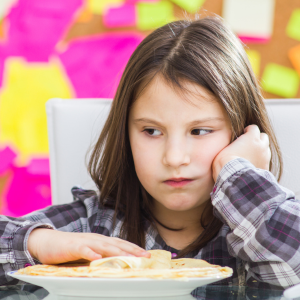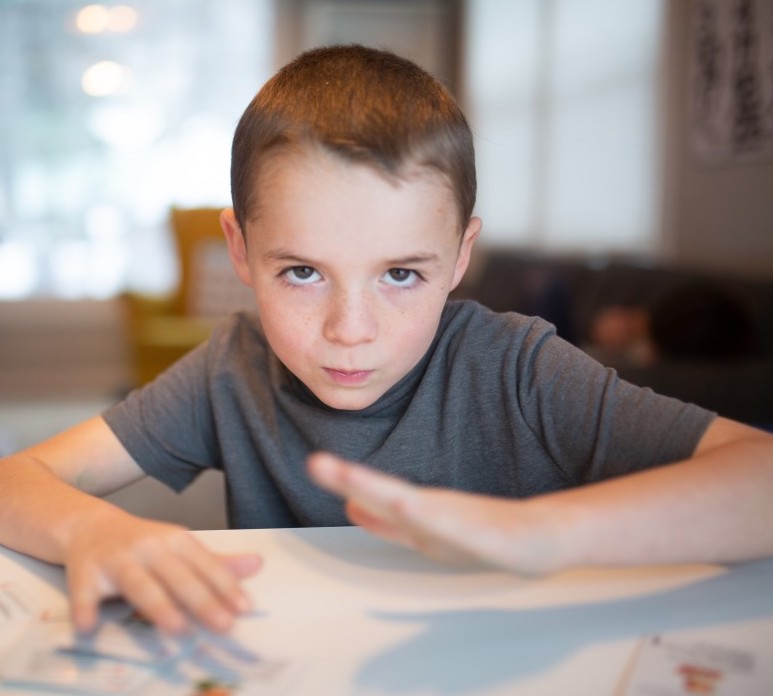Teaching Kids Digital Citizenship
 In this Voices of Compassion episode, we talk with Eisha Buch, Director, Education Programs & Development for Common Sense Education, about helping students develop a sense of digital agency so that they can truly thrive in a tech-filled world with all its benefits, as well as navigating the potential stressors. Read more ›
In this Voices of Compassion episode, we talk with Eisha Buch, Director, Education Programs & Development for Common Sense Education, about helping students develop a sense of digital agency so that they can truly thrive in a tech-filled world with all its benefits, as well as navigating the potential stressors. Read more ›


 Dialectical Behavior Therapy, or DBT, focuses on teaching people skills to manage intense emotions, cope with challenging situations, and improve their relationships. It encourages people to learn and use mindfulness training in practical ways.
Dialectical Behavior Therapy, or DBT, focuses on teaching people skills to manage intense emotions, cope with challenging situations, and improve their relationships. It encourages people to learn and use mindfulness training in practical ways.


 In this Voices of Compassion episode, we discuss the sensitive but critical topic of teen suicide. In our conversation with CHC Doctoral Psychology Intern,
In this Voices of Compassion episode, we discuss the sensitive but critical topic of teen suicide. In our conversation with CHC Doctoral Psychology Intern, 
 “Post-graduation depression” describes depressive symptoms that occur after a person finishes college or university. Although it is not a medically recognized term, it is an experience many young adults may relate to.
“Post-graduation depression” describes depressive symptoms that occur after a person finishes college or university. Although it is not a medically recognized term, it is an experience many young adults may relate to. 
 Conduct disorder is the mental health condition that is diagnosed when children or teens exhibit serious aggressive and antisocial behaviors that violate rules or rights of others, with little to no guilt or concern regarding their actions.
Conduct disorder is the mental health condition that is diagnosed when children or teens exhibit serious aggressive and antisocial behaviors that violate rules or rights of others, with little to no guilt or concern regarding their actions. 
 COVID-19 taught most people that the line between tolerable and toxic stress – defined as persistent demands that lead to disease – varies widely. But some people will age faster and die younger from toxic stressors than others.
COVID-19 taught most people that the line between tolerable and toxic stress – defined as persistent demands that lead to disease – varies widely. But some people will age faster and die younger from toxic stressors than others.
 Puberty can be a challenging time, but with guidance, parents can help their children navigate it with resilience and strength. Drawing on insights and the expertise of CHC Doctoral Psychology intern,
Puberty can be a challenging time, but with guidance, parents can help their children navigate it with resilience and strength. Drawing on insights and the expertise of CHC Doctoral Psychology intern, 
 A safety plan is a set of steps you can take when you feel suicidal. It includes your warning signs, coping strategies, and people to ask for support. You can write your own safety plan or use a free phone app. But it’s best to work with a therapist to make your plan.
A safety plan is a set of steps you can take when you feel suicidal. It includes your warning signs, coping strategies, and people to ask for support. You can write your own safety plan or use a free phone app. But it’s best to work with a therapist to make your plan. 

